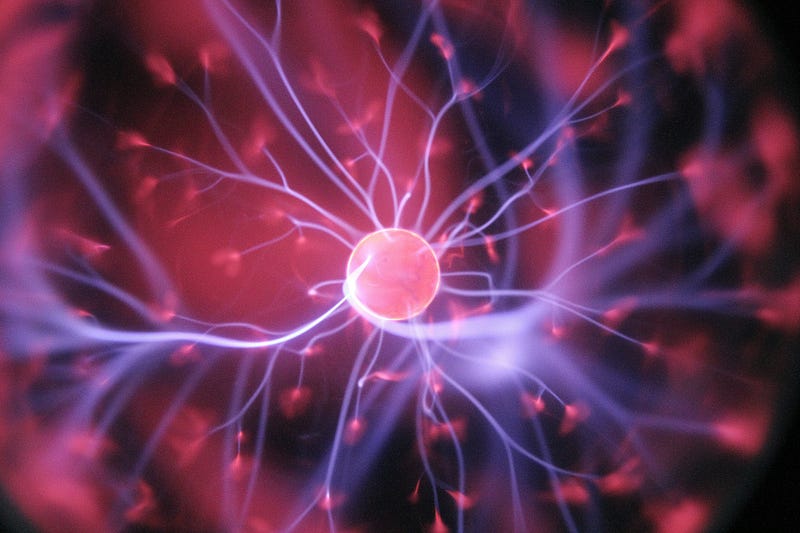What Do My Dreams Truly Represent?
Written on
Chapter 1: The Significance of Dreams
What drives us to dream, and how can we interpret these nightly journeys? The science behind dreaming is still being explored, yet researchers have made intriguing discoveries regarding the role of dreams and the interpretations of common dream themes.
The Role of Dreams: Unveiling the Enigma
Memory Consolidation: One of the key functions of dreams is the consolidation of memories. While we sleep, our brains sift through and organize daily information, reinforcing neural connections tied to learning and experiences. This process is vital for retaining essential knowledge and skills.

Photo by Hal Gatewood on Unsplash
Emotional Regulation: Dreams serve as a unique arena for emotional exploration. They create a safe environment for processing intense feelings, unresolved conflicts, and unmet needs. This aspect of dreaming contributes significantly to mental health and resilience.
“Dreaming allows each of us to embrace a safe form of insanity each night.” — William C. Dement
Problem-Solving and Creativity: Research links dreaming to enhanced problem-solving abilities and creative thinking. Unrestrained by the limits of waking life, the mind can forge new connections and ideas during dreams. Many scientific and artistic breakthroughs have roots in dreams.

Photo by Aziz Acharki on Unsplash
Threat Simulation: Some evolutionary theories suggest that dreams function as a rehearsal for potential threats. By simulating scenarios that mimic real dangers, the brain prepares us to tackle challenges we may face when awake, providing survival benefits to our ancestors.
Deciphering Common Dreams: What Do They Represent?
Falling: One of the most prevalent dreams involves the feeling of falling, often resulting in a sudden awakening. Psychologists interpret this as a representation of insecurity or a perceived lack of control in life. It may also signify fears of failure or the unknown.

Photo by Bruce Christianson on Unsplash
Being Chased: The classic “being chased” dream taps into basic instincts. This type of dream frequently relates to the avoidance of certain situations or conflicts. It often reflects feelings of anxiety or the need to confront challenges directly.

Photo by sporlab on Unsplash
Flying: Dreams of flight can evoke a sense of liberation and empowerment. Psychologically, these dreams may symbolize a desire to break free from limitations or gain a fresh perspective. They often represent personal growth, freedom, or a longing for transcendence.

Photo by Aziz Acharki on Unsplash
Teeth Falling Out: This dream is frequently associated with worries about appearance, communication, or feelings of powerlessness. Teeth often symbolize self-image and confidence; thus, dreaming of them falling out can signify vulnerabilities, insecurities, or fears related to aging.

Photo by Marek Studzinski on Unsplash
Being Unprepared for an Exam: A common recurring theme in dreams is the anxiety of being unprepared for an exam. This often reflects worries about performance, societal expectations, or fear of judgment. It can also point to broader feelings of imposter syndrome or perfectionism.

Photo by MChe Lee on Unsplash
Chapter 2: Lucid Dreaming: Mastering the Dream World
Lucid dreaming refers to the awareness that one is dreaming while still in the dream state. This awareness allows for some control over the dream's elements, such as its characters, scenery, or events.
Individuals can harness lucid dreaming for various purposes, including personal development, entertainment, and problem-solving. According to Dr. Tribhushan V. Rambhatla, lucid dreaming may assist in overcoming fears.
However, frequent lucid dreaming could potentially impact sleep quality or mental health. The phenomenon remains not entirely understood, but some researchers suggest that activity in the prefrontal cortex may be linked to the occurrence of lucid dreams.